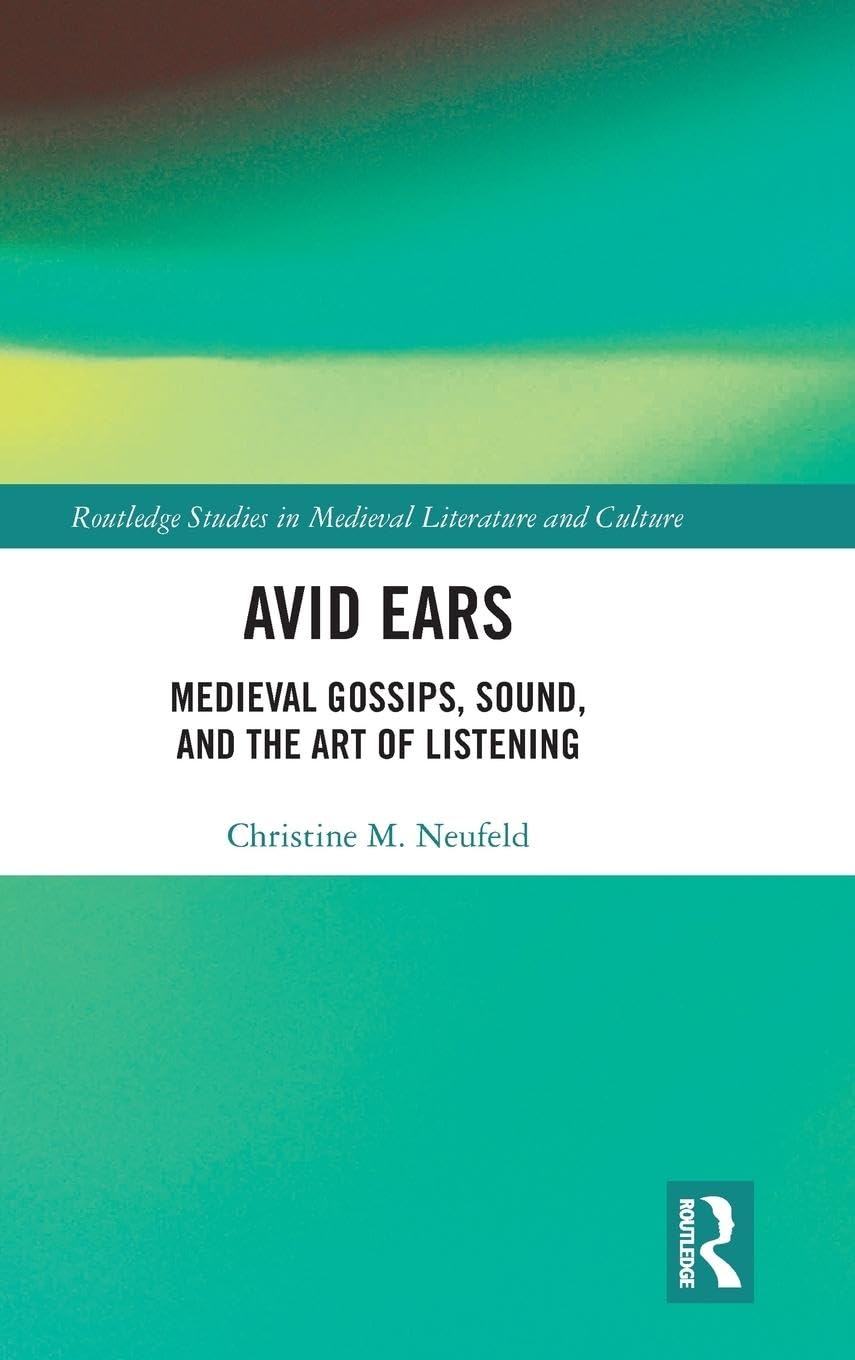Avid Ears: Medieval Gossips, Sound and the Art of Listening (Routledge Studies in Medieval Literature and Culture)
Avid Ears: Medieval Gossips, Sound and the Art of Listening (Routledge Studies in Medieval Literature and Culture) is backordered and will ship as soon as it is back in stock.
Couldn't load pickup availability
Genuine Products Guarantee
Genuine Products Guarantee
We guarantee 100% genuine products, and if proven otherwise, we will compensate you with 10 times the product's cost.
Delivery and Shipping
Delivery and Shipping
Products are generally ready for dispatch within 1 day and typically reach you in 3 to 5 days.
📘 Book Details
-
Publisher: Routledge
-
Author: Christine Neufeld
-
Language: English
-
Edition: 1
-
ISBN: 9781138370449
-
Pages: 212
-
Cover: Hardcover
-
Dimensions: 9.1 x 6.1 x 0.7 inches
📝 About The Book
Christine Neufeld’s The Gothic Literature and the Environment (1st Edition) is a thought-provoking examination of the intersections between gothic fiction and ecological consciousness. This scholarly work invites readers into a rich dialogue on how gothic narratives—steeped in themes of fear, decay, and the supernatural—can illuminate modern environmental concerns and anxieties.
Blending literary analysis with ecocritical theory, Neufeld explores how the Gothic genre reflects changing human relationships with nature and the environment across historical periods. From crumbling castles to haunted landscapes, she delves into how settings and atmospheres in gothic literature convey ecological disruption, the consequences of industrialization, and the eerie return of nature's power in the face of human overreach.
Ideal for scholars, students, and readers of gothic fiction, environmental studies, and literary theory, this book provides an insightful lens through which to examine the symbolic and real-world implications of environmental degradation. Neufeld’s eloquent prose and innovative approach open new pathways for understanding how literature can echo, critique, and inform our current ecological moment.





